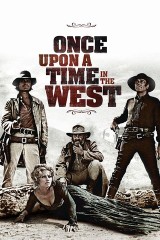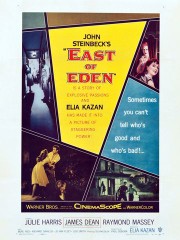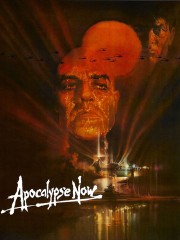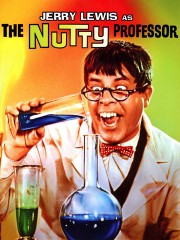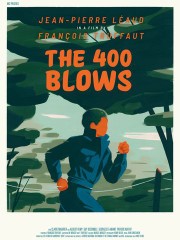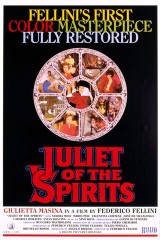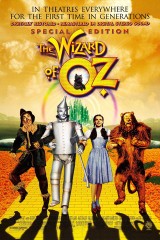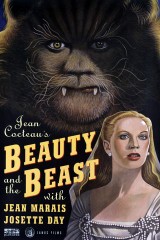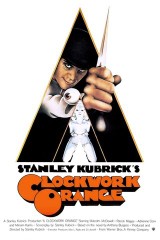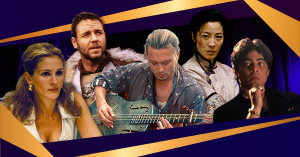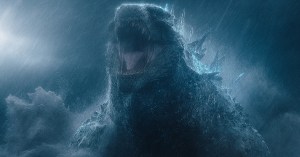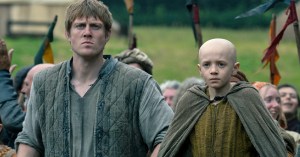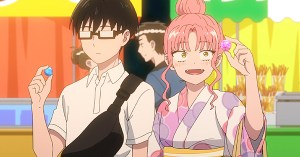Nicolas Cage’s 13 Favorite Films
The star of Looking Glass describes how Dennis Hopper, Bruce Lee, Jerry Lewis, and Jean Marais all influenced his unique acting style.

(Photo by Noam Galai/Getty Images)
Nicolas Cage is the hardest working man in show business. Over the past two years alone, he has appeared in ten films, including the Edward Snowden biopic Snowden and the bonkers horror comedy Mom and Dad. We’re barely two months into 2018, and Cage has already starred in two more: Panos Cosmatos’ revenge thriller Mandy, which premiered at Sundance, and Looking Glass, a psychological thriller about a married couple who take over a desert motel and discover the dark secrets it holds. The man clearly enjoys his work, and the world is all the better for it.
Cage also has a reputation for putting 100% of himself into every role he takes, no matter how small, so it wasn’t too surprising to learn that he had not merely Five Favorite Films he wanted to talk about, but a cool baker’s dozen. As he put it, “I can’t put it all in five. It’s just, there’s different movies for different reasons in different lifetimes.”
And listen, if Nicolas Cage wants to talk Thirteen Favorite Films, Nicolas Cage gets to talk Thirteen Favorite Films. Read on for all of his choices, in which he sheds some light on the ways Dennis Hopper, Bruce Lee, Jerry Lewis, and Jean Marais have all influenced his unique acting style.
Looking Glass is currently in theaters in limited release and available to stream. Mom and Dad is available to stream and on DVD/Blu-ray. And just for fun, here are Nic Cage’s top 5 movies by Tomatometer:


